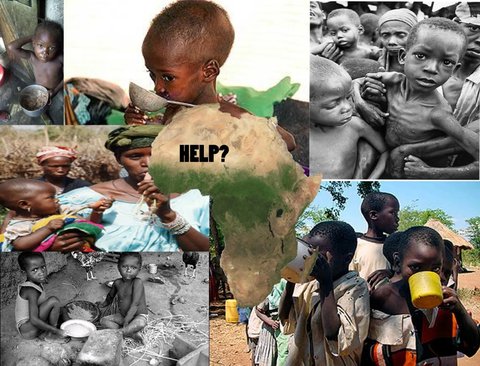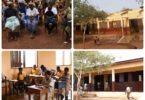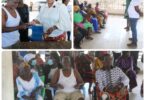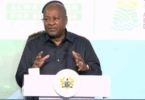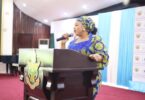Story by: News Desk
In commemoration of the 2022 International Day for the Eradication of Poverty, The Foundation for Security and Development in Africa, FOSDA is calling on Metropolitan, Municipal and District Assemblies (MMDAs) to discharge their responsibilities in eradicating poverty in Ghana seriously and be more efficient at it.
According to the Foundation, MMDAs are the first point of call as the government machinery responsible for social services delivery and holistic well being of the citizen at the local level.
This was disclosed in a press release signed by its Executive Director, Madam Theodora Anti to mark this year International Day for the Eradication of Poverty on 17th October,2022 in Accra.
To them, Progress on poverty reduction has rolled back as a result of the COVID-19 pandemic and further worsened by the Russian-Ukraine war which has disrupted global supply chains making prices of goods and services rise steadily overtime.
“From a monetary view point, it is worrying that, majority of the world population have fallen back into poverty without knowing it”.
Adding that, “Nonetheless, it is heart-warming to note that Ghana made substantial progress towards eradicating poverty in the last 15 years when poverty levels declined from 56.5% in 1992 to 24.2% in 2013 considering the income poverty margin”.
But “Sadly, since then poverty reduction has slowed down and inequalities are widening with clear proportional differences for rural urban localities and north and south zones.
It further stated that, “Additionally from non-monetary view point, new data in 2021 on multi-dimensional poverty including education, health and living standards show that 14 million Ghanaian are multi-dimensionally poor”.
In Ghana, FOSDA indicated that, Metropolitan, Municipal and District Assemblies (MMDAs) are key institutional arrangements for poverty reduction as they are expected to create the environment for local economic development to thrive as well as providing pro-poor services.
Pro-poor service delivery at the MMDAs level include education infrastructure, health infrastructure and services, water, sanitation, electricity. Indeed, these are key indicators for poverty reduction.
In spite of MMDAs crucial role of poverty reduction at the sub-national they are unable to generate sufficient revenue at the local level for their own survival let alone adequately respond to pro-poor service delivery. As a result, Local Government experts have estimated that Central Government financial transfers increased to a cumulative 76%[1] of the share of MMDAs total revenue as of 2021.
To overcome this challenge MMDAs have been admonished to digitize their revenue mobilization systems following studies by the International Growth Centre (IGC) which have showed that digitization of revenue collection helps MMDAs achieve 85% Internal Generated Funds (IGF) per resident. This will increase MMDAs ability to generate more revenue to be more responsive to pro-poor services as well as reduce the financial burden on government.
Digitization of IGF systems not only helps MMDAs mobilize enough revenue and respond to pro poor services but helps to reduce the associated transportation cost on citizens which creates an opportunity for consumption which in turn has positive implications for monetary poverty reduction.
Digitization of IGF systems will also create employment opportunities in the private sector which also contribute to reducing poverty.
The theme for this years’ day is “Dignity for all in Practice” is a call among other things to ensure a just society. A society which ensures that poverty in all its shape, form or manifestations is eradicated in the society characterized by an unprecedented level of economic development, technological means and financial resources.
We believe that our call for MMDAs to digitize their IGF systems will help create the opportunities for reducing poverty by increasing investing in pro-poor service delivery.
We urge the Government, Metropolitan, Municipal and District Assemblies (MMDAs) to allow and ensure that digital tools for domestic revenue mobilization are tried, tested and adopted for revenue mobilization.
We also call government to ensure that a significant share of the proceeds from IGF is invested in pro poor services to help in reducing poverty at the local level.
FOSDA used the day to urge the citizenry to support government and MMDAs digitization drive to make it a success for increased investment in pro poor service delivery.
Source: www.thenewindependentonline.com


